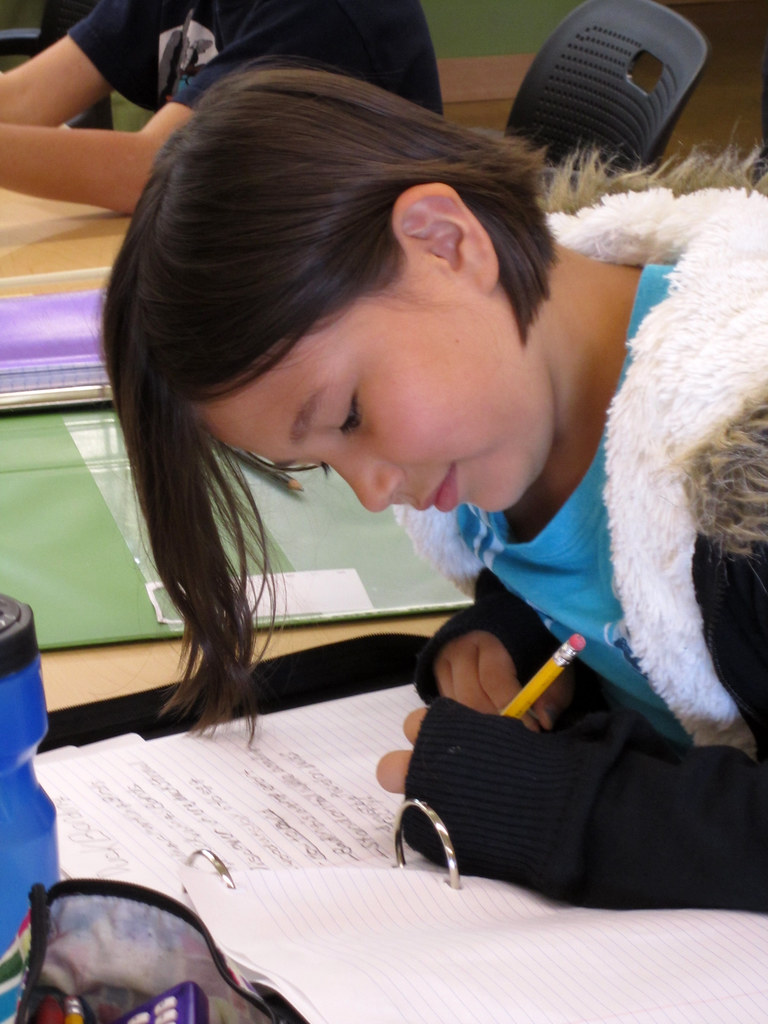
Vocabulary And The Power Of Words
Emily Dickinson once said that she knew ‘nothing in the world that has as much power as a word’ and, when it comes to your education, that may be the truth.
All About Vocabulary
It has long been suggested that having an extensive vocabulary is a key factor in academic success. Therefore, understanding why words are so important and how we can work to widen the breadth of our lexicon, might be the secret to maximising our academic potential.
Childhood language acquisition is often understood to be the foundation for all education, as having the vocabulary required to access concepts as they are encountered enables children to understand them. Whilst there are many factors that impact the rate at which a child adds to their vocabulary, the ‘Matthew effect’ (Stanovich, 1986) proposes that children who learn to read quickly, read more, whilst those who struggle inevitably read less, widening the gap between the two.
Though reading may be about more than just vocabulary, having an awareness of the words encountered simplifies the process of decoding and comprehension, enabling us to process new information more quickly.
Research also suggests that, by the time a young person enters Higher Education, they require a vocabulary of 10,000 words in order to access most undergraduate courses and that, in order to achieve a qualification at the highest level, this needs to continue to grow by around 550 words each year. That’s between 1 and 2 new words a day!
So, just how can we make sure that we continue to develop a vocabulary with the power to wow?
Understand The Etymology
Exploring the origins of words and the ways they have changed over time can help make the learning of language stick. It also helps with pronunciation, spelling and making connections between word families.
Don’t Fear Jargon!
Encountering technical language or subject-specific jargon early – even if not yet fully understood – ties the process for making sense of an idea to the definition. Avoid looking to simplify the language surrounding something more complex and be bold with your word choices.
Build Schemas
Mapping out and making connections between existing knowledge allows you to plan for and even predict the vocabulary you might require in order to explore a topic. When talking or writing about a subject be sure to use the full breadth of your vocabulary to explain your ideas in detail.
Make Learning Language Explicit
Whilst your vocabulary will undoubtedly grow organically as you come across new concepts, why not boost the process by looking to learn new words too? Look to learn a library of new vocabulary for each topic you encounter and use a range of methods to memorise the new words and their definitions.
And – don’t forget – whilst a rich and varied vocabulary will help boost your grades, it will also ensure that you are able to express yourself clearly in all aspects of your life too!